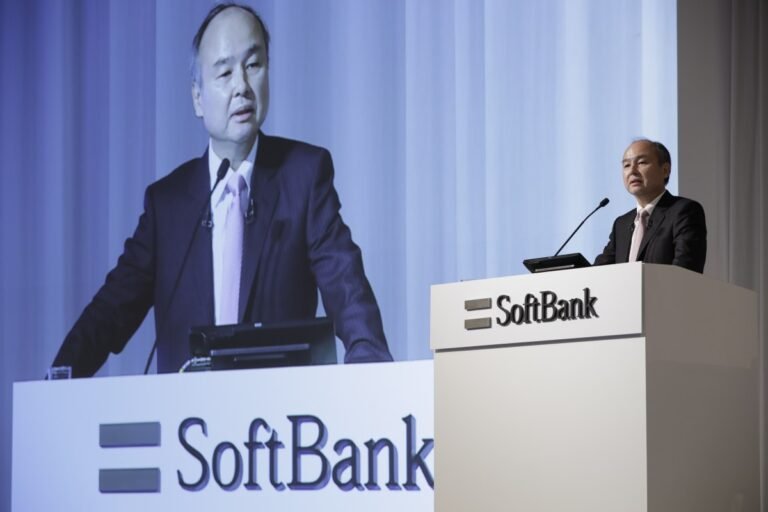
Nvidia currently dominates the AI chip market with its GPU chips.
OpenAI chief Sam Altman is reportedly also in talks with investors in the United Arab Emirates to raise an eye-watering $5 trillion to $7 trillion for a new AI chip project.
Altman has reportedly met with a number of potential investors, chip industry experts and others across the globe, including SoftBank’s Son, for the new AI chip initiative.
Shift focus (from Alibaba) to AIA new chip project would be line with the company’s new focus on AI.
Shares of SoftBank closed 2.8% higher on Monday after Son’s AI chip project news broke on Saturday.
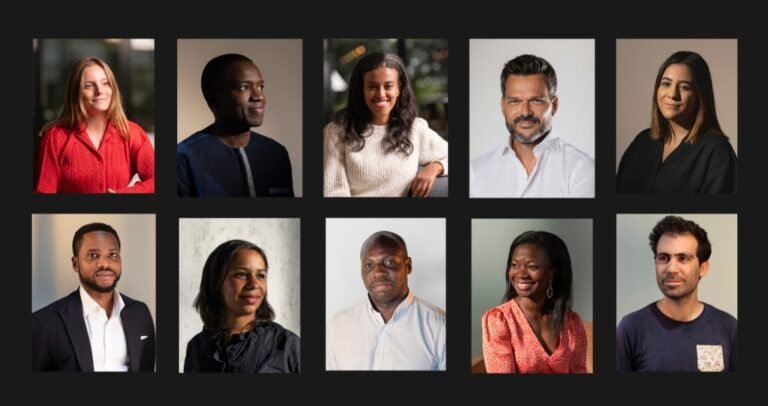
Partech closes its second Africa fund at $300M+ to invest from seed to Series CPartech has closed its second Africa fund, Partech Africa II, at €280 million ($300 million+), just one year after reaching its first close.
Amidst a backdrop of global VCs and institutional investors pulling back from Africa, Partech Africa’s recent fund closure is significant.
However, he clarified that the firm will deploy the majority of its second fund between Series A and B rounds.
Among the investments from its second fund is Revio, a South African payment orchestration platform, where Partech Africa co-led the seed round with global fintech fund QED.
Partech Africa intends to back over 20 companies, with initial investments ranging from $1 million to $15 million, it disclosed.

Kost Capital, a new Danish venture capital fund, is out to bring better food to more people.
That’s because Kost Capital shares space with Kost Studio, a food development studio that doubles as a test kitchen for universities and markets to collaborate and develop novel food products.
Kost Capital invests in pre-seed and seed startups across Europe, focusing on B2B inputs in the future of food.
Sidén’s journey to venture capital started in a quite unique place.
Acknowledging a growing population, climate change, food waste, health issues and policy changes, Sidén says more funding is needed into food tech.

Nearly 10 years ago, in April 2015, I published a blog called “Confronting the ‘S’ word: Dealing with general partner succession.” As the founder and managing partner of Vintage, I wanted to ensure that Vintage would survive after I retire.
Succession management is more critical now than ever before.
[The succession process] requires an open and genuine dialogue between the senior retiring and incoming management teams.
Implementing the succession process early: A fund management team needs to start the process and implement the mechanisms at least five to seven years before the current leadership team transitions out.
It is common for the founding or the current managing partner to start phasing out in their late 50s or early 60s.

In fact, in the midst of raising the firm’s fourth fund, he seems to be positively cheery about the state of the crypto market despite how things are going.
With over $1.2 billion in assets under management, 10T counts major crypto entities like Gemini, Kraken, Yuga Labs and Animoca Brands as part of its portfolio.
And 1Roundtable Partners (1RT), Tapiero’s growth-stage firm, is also raising a not-insignificant amount for its upcoming fund: a minimum of $200 million and up to $800 million.
As the bear market thaws, Tapiero sees few other growth equity investors dedicated to the crypto space at this point in time.
Taking the long viewWith the new fund, 1RT plans to make about 10 to 15 additional investments with hopes of gaining another five to 10 board seats across those portfolio companies, Tapiero said.
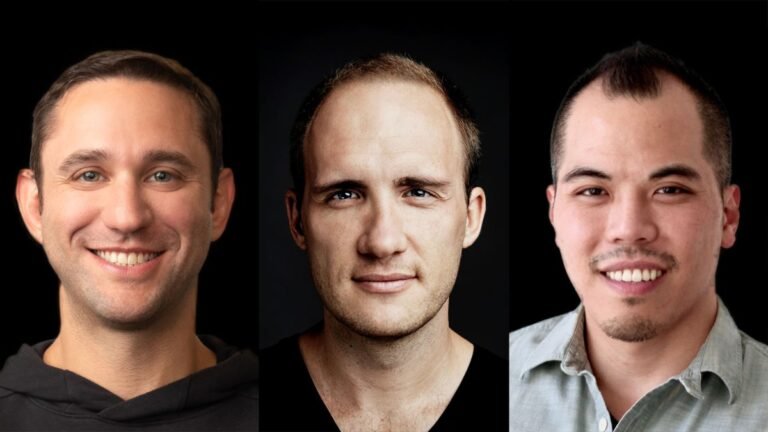
After working together at Xerox Corp.’s corporate venture capital firm Xerox Ventures, Chris Fisher, Tim Chiang and Dean Mai form Myriad Venture Partners.
They secured $100 million in capital commitments for their first fund, which targets $200 million in total, Fisher told TechCrunch.
Fisher is the former senior vice president and chief strategy officer of Xerox and former founder and managing partner of Xerox Ventures, a firm started in 2021.
This is something he is already seeing happening at companies through R&D, expansion and spending across AI software, including ChatGPT.
“With Xerox Ventures as an internal firm, the ability to scale wasn’t there.
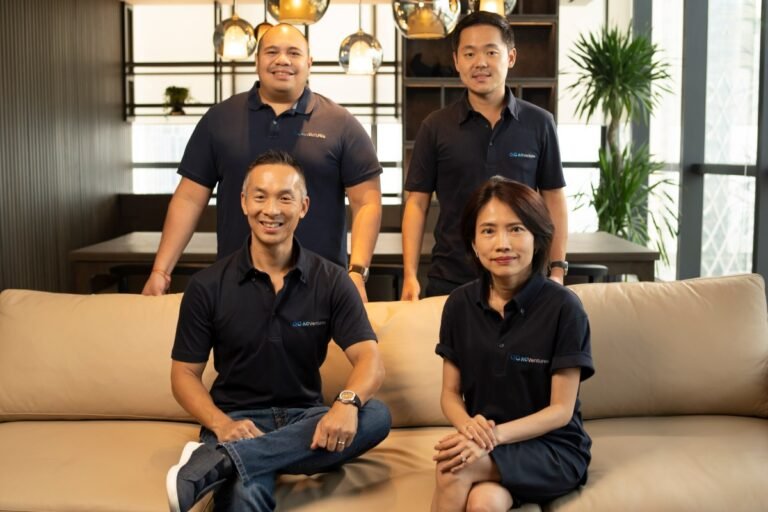
AC Ventures has already started investing from Fund V in startups like Indonesian electric vehicle maker MAKA Motors and sustainable farming startup Koltiva.
Fund V will add around 25 companies to AC Ventures’ current portfolio of 120 startups.
One of AC Ventures’ priorities is investing in firms that have high environmental and social impacts.
It says that its third fund, Fund III, had an overall impact ratio of +37% as measured by Finland’s The Upright Project, putting it above the Nasdaq Small Cap Index average of +29%.
Wong says AC Ventures is a signatory of the UN’s Women’s Empowerment Principles and IFC’s Invest2Equal program.
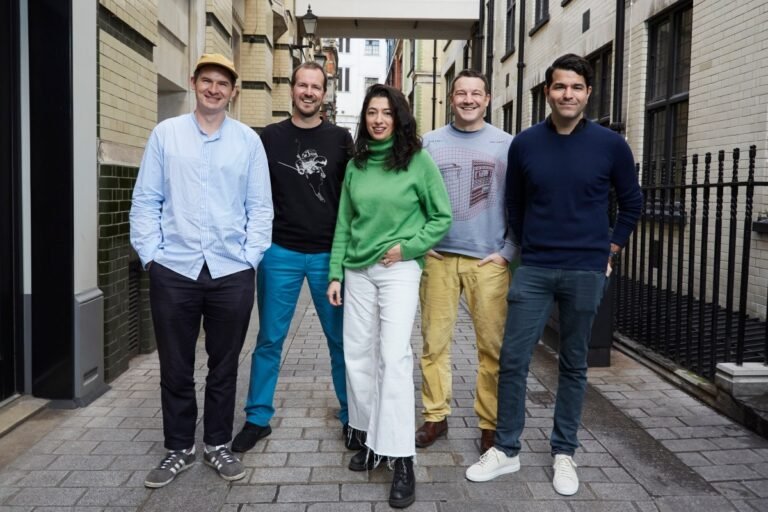
Now, Plural itself is scaling up, with a fresh €400 million fund to back what Hogarth refers to as “transformational” startups in the region, bringing more operational know-how to get them running as businesses.
Just six months before, Atomico reported, in its annual survey, that startups in Europe had raised a record $100 billion 2021.
Plural’s €250 million debut fund itself was arguably a product of that: it was actually intended to be €150 million.
Even Plural has sat on some of its money: Hinrikus said in an interview that it’s still making investments out of its first fund.
“[With] AI right now, there’s a huge number of people building businesses that look identical to 500 other startups.

Much of the intriguing climate tech that crosses our desks is theoretical or only just coming to market — think: tech that sucks carbon out of the sky, emerging lithium-ion battery alternatives and bio-plastics that’ve yet to seriously scale.
The Toronto-based venture firm just announced the close of a $335 million fund (USD) — its third and largest to date.
“If you’re not making money, you’re not having impact,” McCaig told TechCrunch.
“Climate tech tends to be fairly distributed around the globe, more so than AI and software, which tends to concentrate in California,” added McCaig.
The venture firm’s second fund clocked in at $150 million (USD), while its first — a seed fund — totaled $30 million.

This new impediment to securing financing opportunities for BIPOC entrepreneurs is disconcerting.
Confronted with these challenges, angel investors and investment groups that fund BIPOC entrepreneurs must remain committed to keeping vital early-stage capital flowing.
This inherent color blindness removes a structural impediment that blocks minority investing within the conventional venture capital fund structure.
Eleven percent of all campaigns on the platform Honeycomb have been run by Black founders, and SeedInvest has seen 12% of campaigns run by Black founders.
Defining intentionally inclusive criteria in your fund/syndicate may also open the door to additional funding opportunities for BIPOC entrepreneurs.













